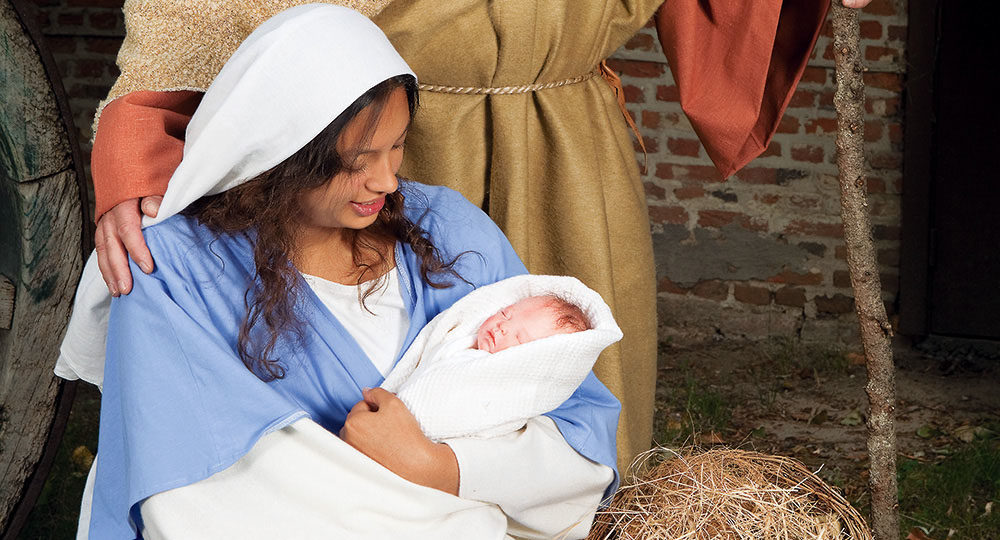


I don’t often read fiction (unless it masquerades as news about Israel). But when Dan Brown’s The Da Vinci Code came out in 2003, I decided to pick up a copy and see what all...
Nestled in the terraced Shepherds’ Fields on the approach to Bethlehem is a cave. I expect it is merely one of many where shepherds and townsfolk of bygone days found...
Bertrand Russell was a 20th-century British philosopher and logician who rejected the idea of absolute truth. In his famous 1927 essay “Why I Am Not a Christian,” Russell wrote...
Many people believe Jesus was a good man and a prophet. Some will even admit He was the Son of God who came to Earth. But tell them Jesus was God Himself who appeared...
Messianic fervor hit a high throughout the Orthodox Jewish world in the early 1990s. Banners trumpeted messages like “Messiah Is Coming,” “We Want Messiah Now,” and...
Charles Haddon Spurgeon, a 19th-century, British Baptist preacher, opened his great Christmas Eve sermon published in 1914 with these words: “He was moved with compassion...